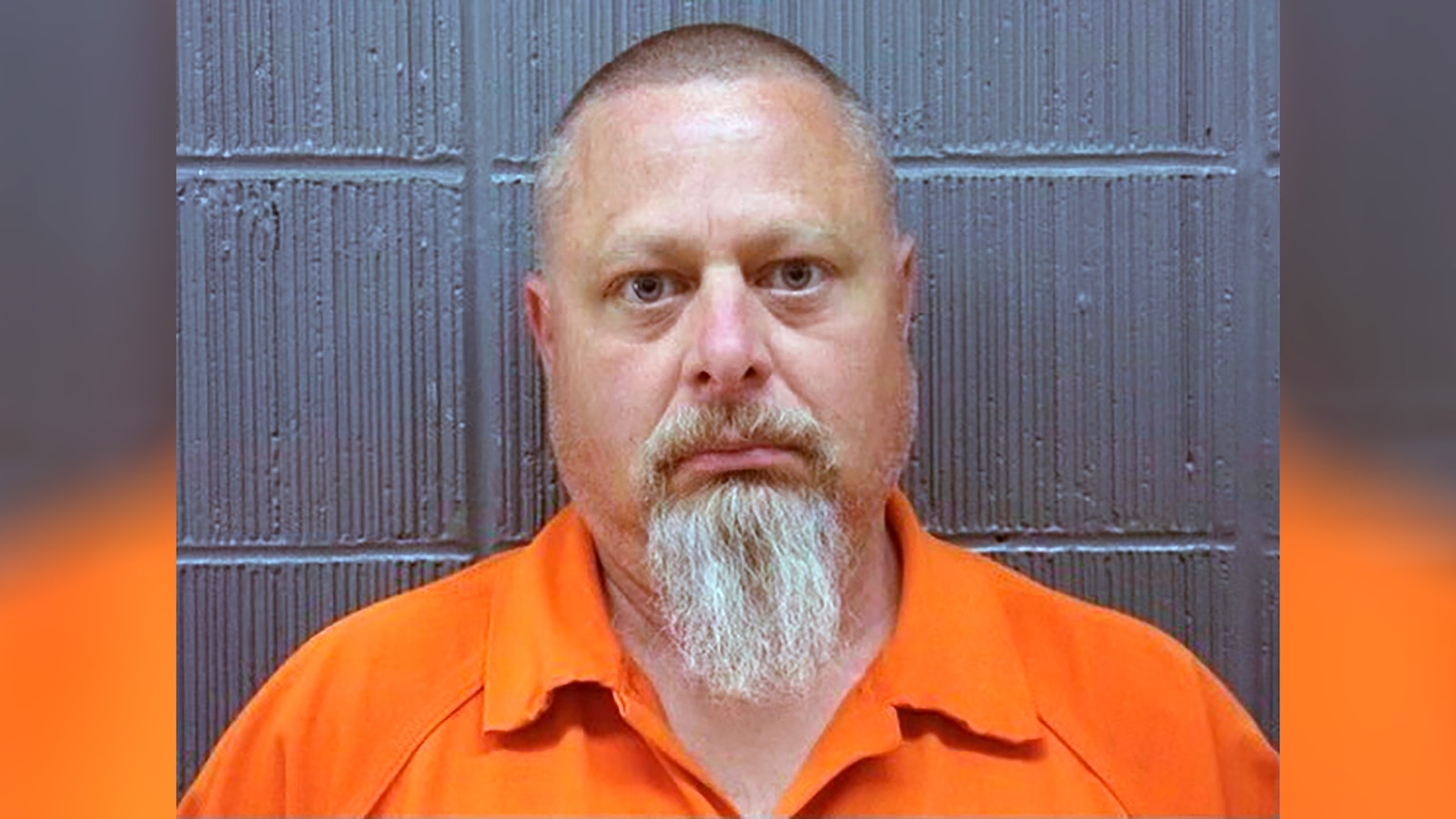In one call, Allen is heard stating unequivocally, “I did it. I killed Abby and Libby.” Cathy responded in disbelief, denying his admission, to which Allen replied, “Yes, I did.” He continued throughout several calls to reaffirm his confessions, despite his wife’s objections. Cathy tried to reason with him, repeatedly insisting he was unwell and did not commit the crime, but Allen, referring to his deteriorating mental health, responded, “Maybe I lost my mind. I just want you to know I did it.”
These alleged confessions add complexity to the high-profile case, as they came after Allen endured 13 months in solitary confinement. Experts and a prison psychologist who testified this week argue that such extreme isolation can lead to “situational psychosis,” potentially causing Allen to oscillate between moments of mental clarity and disturbed episodes. They observed Allen displaying bizarre behavior in confinement, including head-banging, self-harm, and smearing his cell with waste.
While the recorded phone calls and alleged confessions have grabbed public attention, Allen’s defense team has raised concerns about his mental state and the reliability of his admissions. A forensic psychologist testified that Allen showed signs of serious mental illness, likely exacerbated by extended solitary confinement. The psychologist posited that the alleged confessions might stem from Allen’s psychological state rather than an admission of guilt.
The chilling details of Abby and Libby’s final moments were captured in part by Libby’s phone, providing key evidence. In a short video, the girls recorded a man following them on the Monon High Bridge, later dubbed “Bridge Guy” by the media. The video includes an audio clip of a man ordering the girls “down the hill.” Indiana State Police Trooper Brian Harshman, who reviewed hundreds of Allen’s phone calls, testified that he believes the voice in the video matches Allen’s. Harshman also highlighted how Allen recounted that he had ordered the girls “down the hill” with an intent to harm, but was allegedly startled by a nearby van, potentially halting his plans.
The trial raises significant questions about Allen’s confessions and his mental fitness. The defense continues to scrutinize the impact of his mental health deterioration on his statements, while prosecutors highlight these recorded admissions as critical evidence. The Delphi community, shaken since the tragedy in 2017, watches as Allen’s case unfolds, hoping for clarity and justice in a case that has long haunted the small Indiana town.

